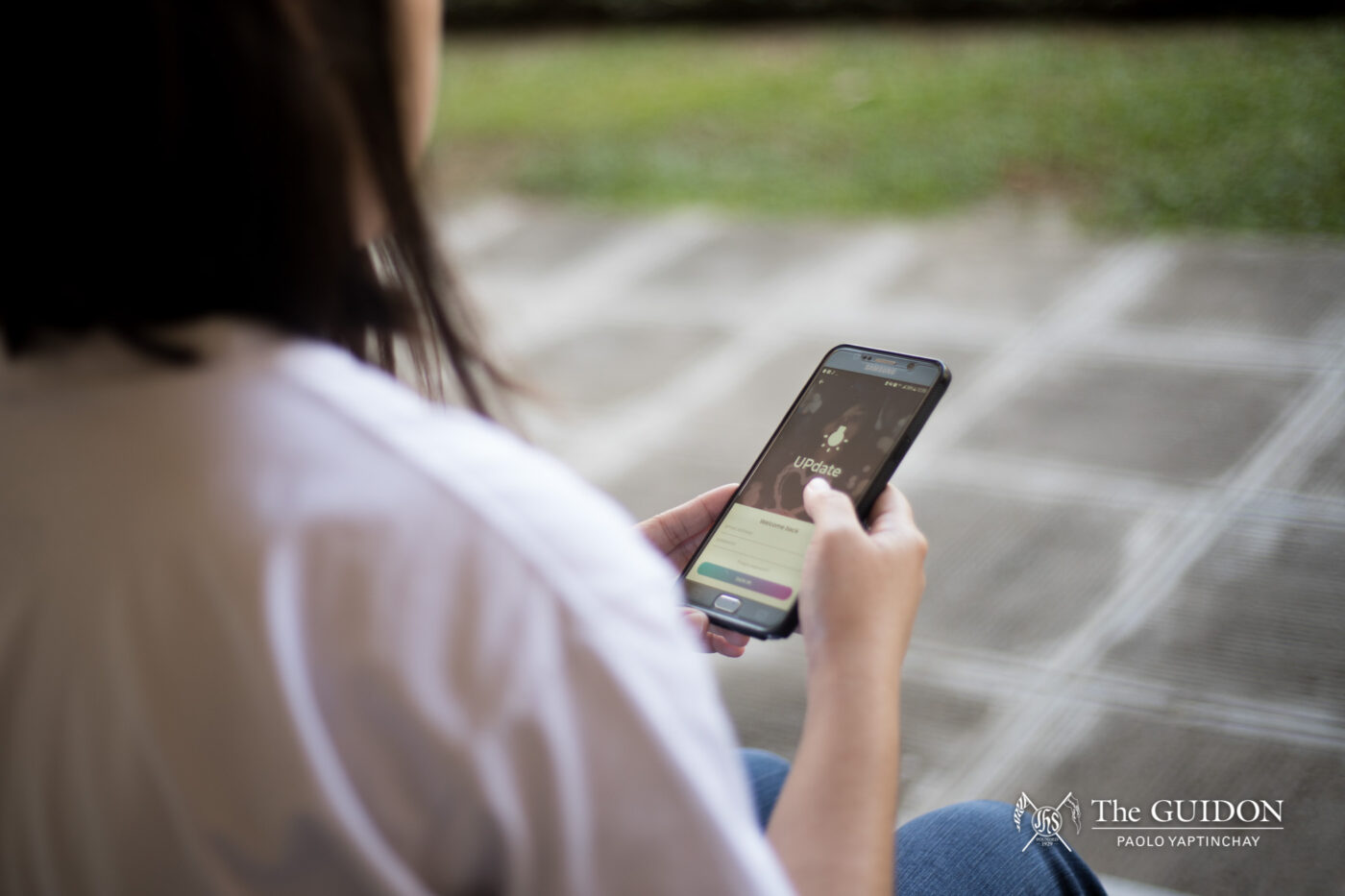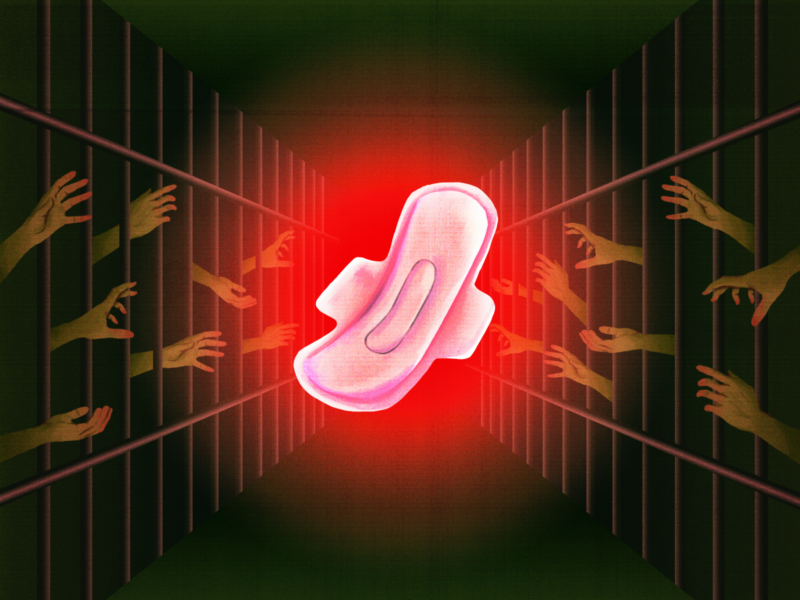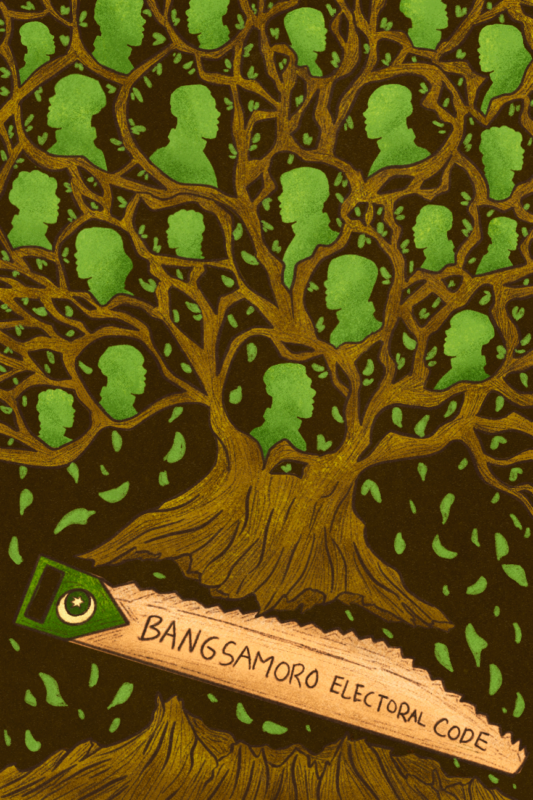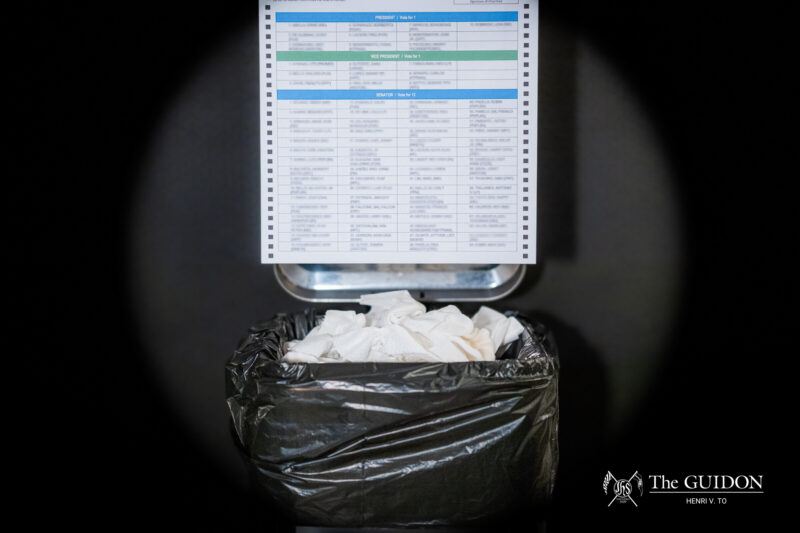What once required an immense amount of effort can now be accomplished by simply swiping left or right. Time and technology have made it possible for men and women alike to take part in what online developers market to be a ‘simpler’ dating scene, where one no longer has to bank on acquaintances or arrangements to be able to form a relationship: dating applications.
Now, the quest of finding ‘the one’ through dating applications has entered university culture. Students who seek to expand their social network and relationships have become a new niche in the dating community, and developers are starting to show how university-themed dating applications can take this quest to a further—yet proximally closer—level.
University dating’s early beginnings
In November 2018, social media blew up with the official launch of UPDate, a dating application developed and maintained by four students who dubbed themselves as “UPBoiz”. Behind the pseudonym are Matthew Rey, Mickole Nulud, Kirby Aguilar, and Asea Pajarito.
“We were talking about dating apps. May medyo spirit kami na maging entrepreneurs so naisip namin—why not make something unique?” (We already had the spirit of becoming entrepreneurs, so we thought—why not make something unique?) Nulud, one of the four co-founders of UPdate and its main developer, shares. “That’s how we started. It really was just a spark, like ‘we should do this,’” Aguilar, their media spokesperson, adds.
UPdate was initially launched as a dating application only open to students of the University of the Philippines Diliman (UPD). However, it soon opened its doors to other UP campuses and universities, namely the University of Santo Tomas, De La Salle universities, and Ateneo universities. “I think [the expansion] was part of the original vision anyway. We did start with UP of course, because that’s what was accessible to us,” Aguilar says.
“UP stood for University of the Philippines at first, but when we expanded it, it became ‘where university people date’—that’s what UPdate means,” Nulud explains. The phrase then became their tagline, capturing the vision they started with.
A dating website named Ateneut debuted not long after UPDate. Developed by Harry Christian, Ateneut trended for being of similar name to the Ateneo university. Although it claims to bear no connection to the university nor exclusivity to its students, several Ateneans have given it a try in hopes of finding like-university partners. However, it received criticism from its users.
“Registering for an account was really bad. I had to wait for several minutes for it to be processed. It was definitely the site’s bugs because my internet was smooth that time. Also, nine out of ten users are probably just there for [hooking up],” shares Aira*, a legal management freshman at the Ateneo.
Swiping right: the dating app culture
The relationships one expects to form appears to vary vastly with the dating application they use. “Tinder is a mix of every kind of person,” Matt Vesliño, a film freshman at UP Diliman (UPD), shares from experience. “Grindr is for the members of the gay community who are genuinely only looking to hook-up and never speak again. Bumble is the backup Tinder, filled with—what I believe to be—kinder, softer personalities.”
Ateneo psychology freshman Joaquin Querido attests to this by calling the aforementioned applications the “holy trinity of dating apps”. Querido argues that there are differences and that there are both positive and negative to dating apps. According to Querido, the quick match system is one of the positive features of applications. He also mentions, however, the idea that a relationship grounded on a dating application wouldn’t be as strong as meeting that person in real life.
There also exists a stigma that revolves around dating applications in the Philippines. In contrast to the West, where the usage of such apps may be more socially acceptable, it is considered almost immoral to traditional thinkers in the country.
Edward Doce, a chemistry freshman at UPD, testifies to this: “I think people are too biased when it comes to dating apps. They immediately think ‘pervs’ or ‘sex.’ And I don’t think it’s a good thing, because the apps are just that. They’re apps. It’s only the people that use it that gives it meaning.”
The emergence of various applications focused on dating, however, are still evidence that a demand for it exists. “The dating app culture could be a sign that the Philippines is progressing from its conservative nature. Yes, it’s still hard to introduce a boyfriend you met on Tinder with white lies here and there, but at least the youth is now more liberal and open-minded,” Aira says, stressing that not everyone views dating apps with the same level of conservatism.
Regardless of how the applications are viewed, one can no longer deny that dating applications have made their mark on the dating scene. “In this age of technology, how people interact with each other has also changed drastically,” Querido points out, implying that the change of pace in the dating process is inevitable.
Closing in on college dating
The excitement towards Ateneut and UPDate as dating applications makes it worth wondering what this reflects of college dating culture. “Are university-exclusive dating applications elitist, and do they propagate a culture of exclusivity?” Vesliño wonders before eventually saying, “Sure, there can be an argument made for it, but I understand that preference of wanting to stick to your own kind, more or less.”
Another UPD student, *Claire, adds that university-themed applications may streamline the dating process. “I think that on one hand it seems kind of exclusive and a little elitist, since only people from this university can date people from such,” she says.
“Pero on the other hand, parang napapadali rin kasi ang pag-date kasi the pool of people from which you can pick from becomes smaller, and you’re certain na malapit lang sila so hindi hassle mag-meet and you guys have some things in common already.”
(It’s easier to date because the pool of people is smaller, and you’re certain that they’re nearer, making it easy for you to meet, and you guys have some things in common already.)
UPBoiz mention that they believe UPDate has filled its own niche among university students. “Since our specific niche is university dating in itself, I think it has made it a lot more accessible to other people,” Aguilar says. “I think it’s also not carrying as much stigma as other applications.”
Aira also believes that the introduction of university exclusivity in applications such as UPdate could make way for more better communication. Being able to find people of your own generation within your own community makes the process of forming relationships easier.
“I actually like the fact that it’s university focused ’cause the culture between the universities are similar. I’ve been on Tinder and I’ve matched with a lot of people from the Big Four and from other universities as well. I’ve concluded that I click more with students from the Big Four,” she says.
“Whether it’s UPDate, Ateneut, or otherwise, if you have good intentions, I say go for it,” Vesliño encourages. He proceeds to express disbelief over an Ateneo Freedom Wall post where the original poster claims to have dated “a girl from each Big Four school.”
Emphasizing the idea of having good intentions, Vesliño asserts that one should not view others as trophies despite the new-found ease of the dating scene. “If your purpose for using a dating app—or purpose for dating, in general—is to look at people as objects or obstacles to surpass for your selfish personal goals, then stay single, and re-evaluate yourself,” Vesliño reaffirms.
Editor’s note: Name has been changed at the request of the interviewee.







